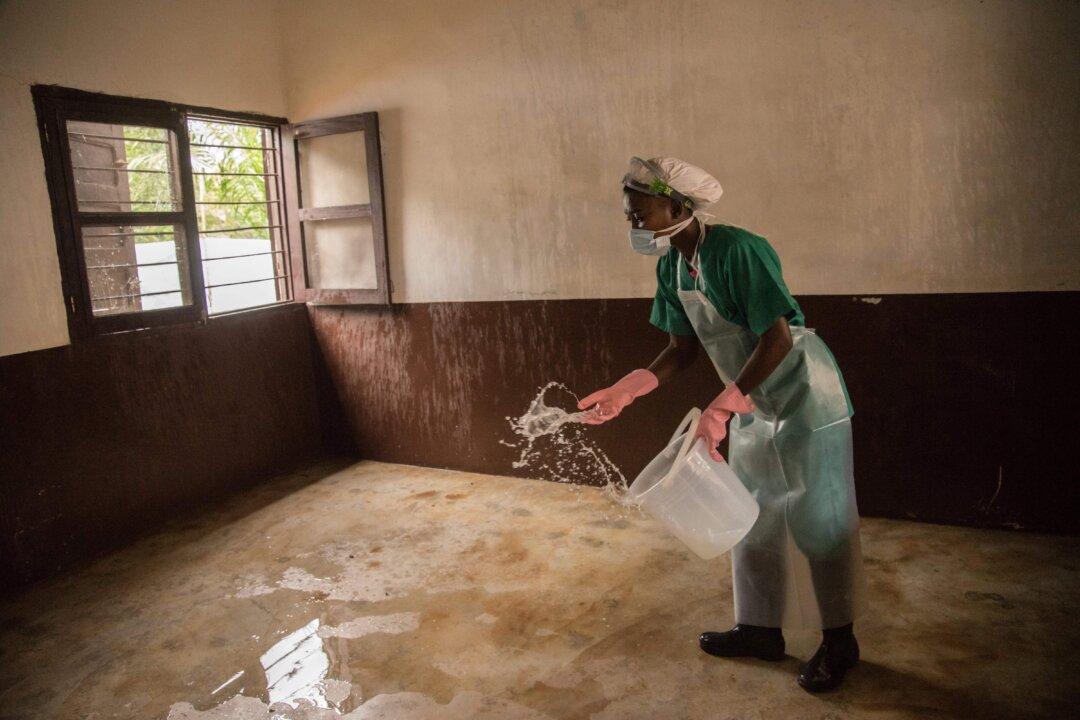The World Health Organization (WHO) said Friday it is investigating about 200 cases of monkeypox in 20 countries that are not generally known to suffer outbreaks of the rare, smallpox-like virus.
Approximately 200 confirmed cases and more than 100 suspected cases of monkeypox have been reported so far, said Maria Van Kerkhove, the WHO’s COVID-19 technical lead, according to CNBC. More cases of the virus will likely be reported as surveillance of the disease continues.





